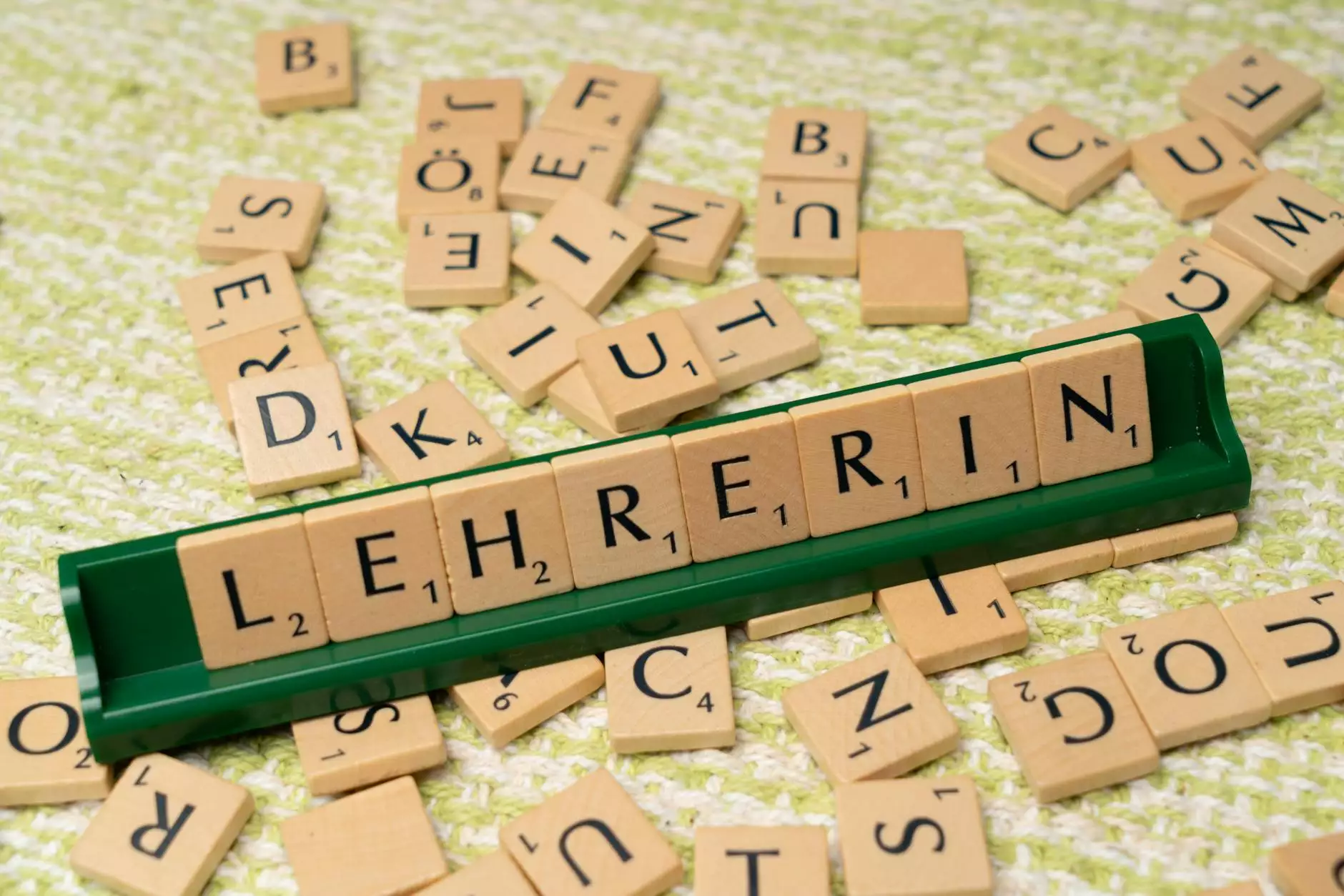235 – Trip vs Travel – Confusing English Vocabulary
English Vocabulary Lessons
Introduction to the Nuances Between Trip and Travel
When it comes to English vocabulary, there are certain words that are often used interchangeably, leading to confusion. Two such words are trip and travel. Although these words are associated with the act of moving from one place to another, there are subtle differences that distinguish them.
Defining Trip
A trip typically refers to a specific journey or excursion that involves leaving one location and arriving at another, with a predetermined purpose or destination. It is often characterized by a shorter duration and a specific itinerary. In the context of travel, a trip can refer to a single instance of moving from point A to point B.
Understanding Travel
Travel, on the other hand, is a broader term that encompasses a range of activities related to exploring new places, whether for business or pleasure. It implies a more extended period of movement and may involve multiple destinations. Unlike a trip, travel is not restricted to a specific itinerary but emphasizes the experience of immersing oneself in different cultures, languages, and environments.
Key Differences Between Trip and Travel
1. Duration
A trip is usually shorter in duration, lasting anywhere from a few hours to a few days. Travel, on the other hand, can span weeks, months, or even years, depending on the purpose and personal preference.
2. Purpose
A trip often has a specific purpose, such as attending a business meeting, visiting a relative, or going sightseeing. Travel, however, can be more open-ended, focusing on exploration, personal growth, or adventure.
3. Flexibility
While a trip usually follows a predetermined itinerary, travel allows for more flexibility. Those who travel often have the freedom to change plans, explore different destinations, and immerse themselves in new experiences spontaneously.
4. Immersion in Culture
When it comes to immersing oneself in the local culture, travel offers more opportunities. Travelers have the chance to learn different languages, taste local cuisines, participate in cultural festivals, and engage with people from diverse backgrounds.
5. Frequency
Trips tend to occur more frequently and may become routine, such as daily commutes or occasional weekend getaways. Travel, on the other hand, is often seen as a special event or a break from the routine, providing an opportunity to escape one's usual surroundings and delve into new experiences.
Tips for Enhancing Your Language Skills
Now that you have a better understanding of the differences between trip and travel, here are some tips to enhance your language skills:
1. Read Widely
Expose yourself to different genres of literature and expand your vocabulary. Reading extensively will help you understand the nuances of various words and their usage in different contexts.
2. Listen to Native Speakers
Listening to native English speakers, whether through podcasts, television shows, or conversations, can improve your language skills. Pay attention to pronunciation, intonation, and the way words are used in different contexts.
3. Practice Speaking
Engage in conversations with native speakers or language exchange partners to enhance your speaking abilities. Practice using words like trip and travel in appropriate contexts to develop fluency and confidence.
4. Write Regularly
Writing regularly, whether in the form of journaling, blogging, or creative writing, can sharpen your written communication skills. Focus on incorporating new vocabulary and expressions into your writing.
5. Take Language Courses
Consider enrolling in language courses or online platforms that offer comprehensive language learning programs. These structured courses can provide guidance and help you improve your overall language proficiency.
Conclusion
In summary, the differences between trip and travel are subtle yet significant. While a trip refers to a shorter, purpose-driven journey, travel encompasses a broader and more immersive experience. By understanding these nuances, you can navigate the English language more effectively and express yourself with clarity. Remember to continuously engage in language learning activities to further enhance your skills.










